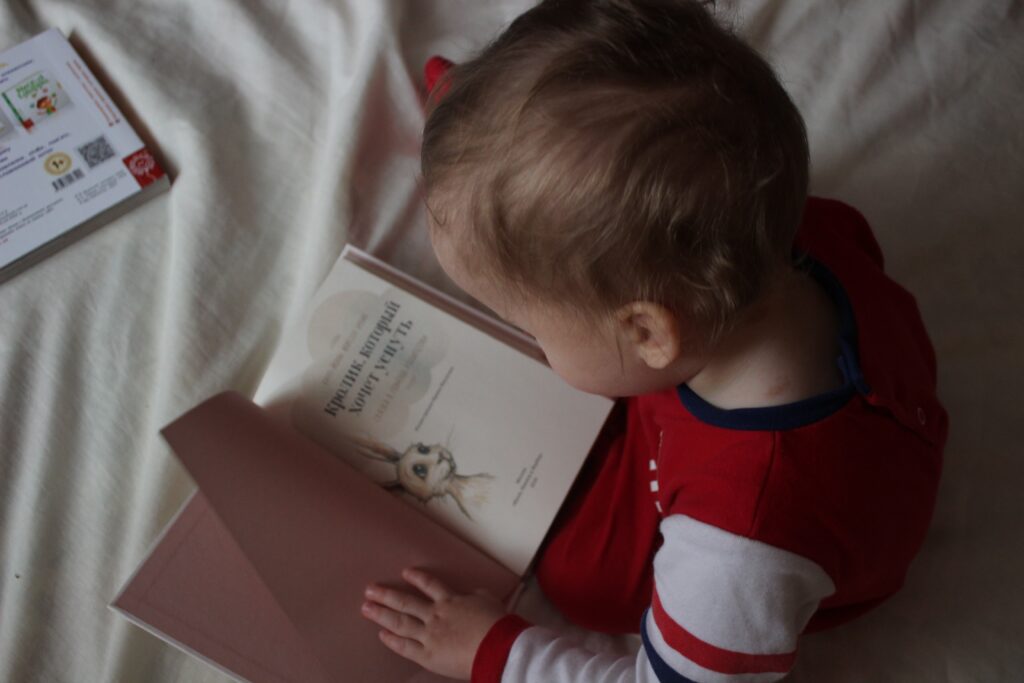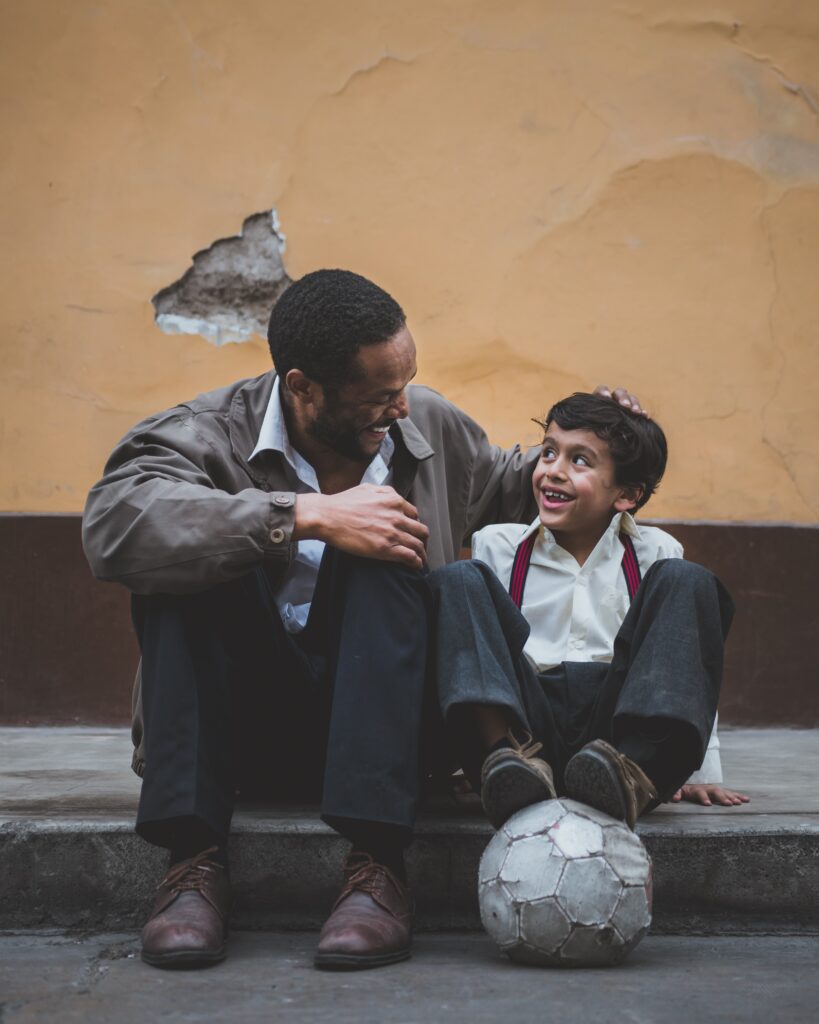No matter what age your child is, it’s important to talk to your kids about consent. The key is to also create an open and supportive environment where your child feels comfortable asking questions. Additionally, modeling respectful behavior and communication can help reinforce the importance of consent. Empower your child to make healthy choices in all aspects of their life.
Here are some age-appropriate ways to talk to your kids about consent.
How to Talk to Toddlers and Preschoolers (Ages 2-5) About Consent

- Teach children the names of their body parts. Explain that they have the right to say “no” if someone touches them in a way that makes them uncomfortable.
- Next, use teachable moments, such as when your child doesn’t want to give a hug or kiss, to reinforce the importance of respecting others’ boundaries and bodily autonomy.
- You can also read books with your child that promote consent. One of my favorites is “My Body Belongs to Me” by Jill Starishevsky.
Talk to Elementary Schoolers (Ages 6-11) About Consent

- Use clear and direct language to explain what consent is, and why it’s important. Also, emphasize that everyone has the right to make their own choices about their bodies.
- Encourage your child to speak up if they feel uncomfortable or unsafe, and to respect others’ boundaries as well.
- Talk about how consent is not just important in sexual situations, but also in everyday interactions with friends and family.
Talking to Middle and High Schoolers (Ages 12+) About Consent

- Discuss the nuances of consent, such as how consent can be withdrawn at any time, and how coercion or pressure can invalidate consent.
- Talk about how alcohol and drugs can impair someone’s ability to give or receive consent.
- Furthermore, discuss how gender stereotypes and power imbalances can impact consent, and how to challenge these societal norms.
Consent is an Ongoing Conversation
Remember that talking to your kids about consent is an ongoing conversation. Moreover, it should be tailored to their age and level of understanding. By creating a safe and supportive environment, we can help our kids develop healthy attitudes towards sex and relationships, and work towards preventing sexual assault and harassment in our communities.
If you want more tips and advice on parenting and consent education, contact me directly or follow me on TikTok for daily content! Together, we can help create a safer and more respectful world.

Pingback: How to Raise Boys to Respect Women - Feminist Cookbook